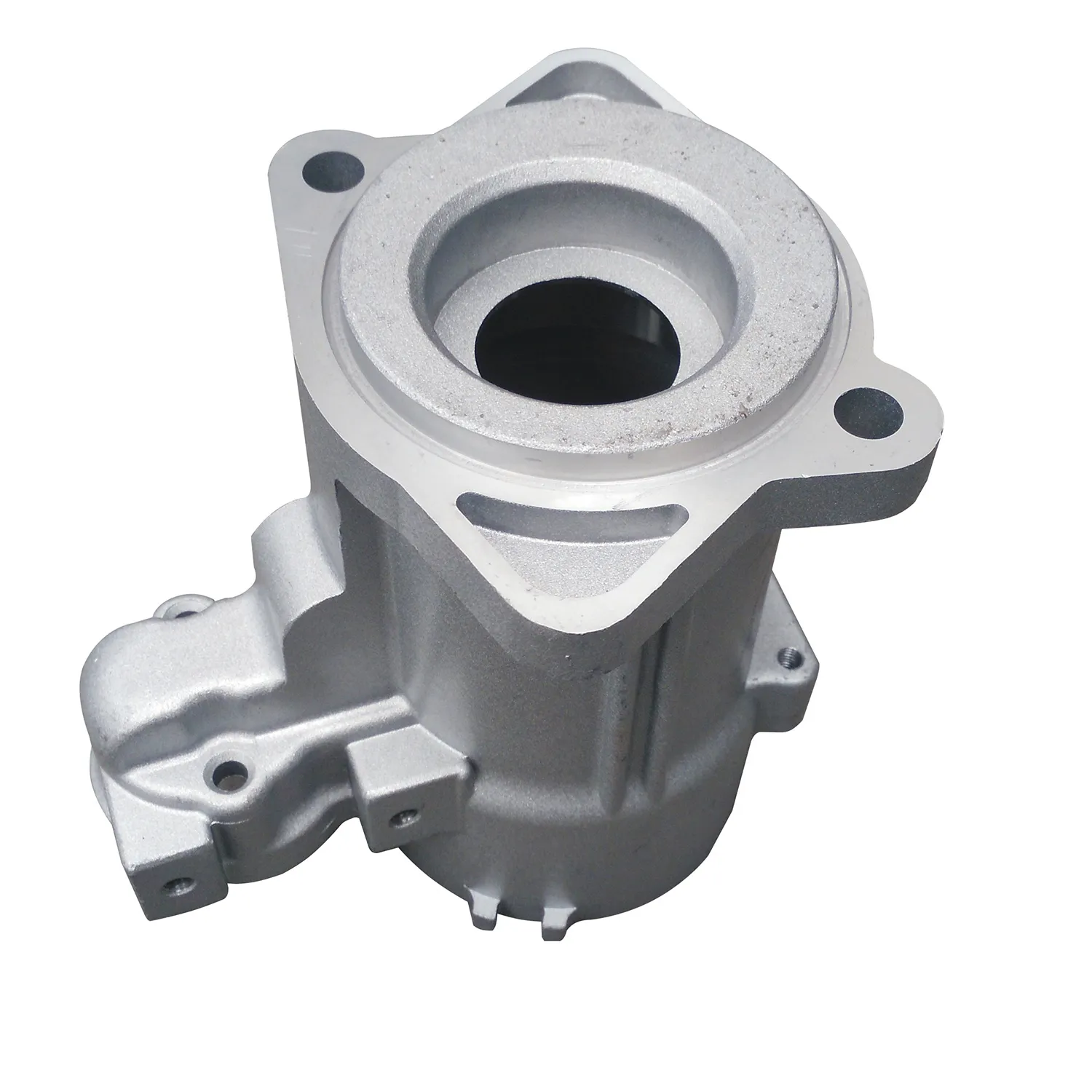Mobile:+86-311-808-126-83
Email:info@ydcastings.com
metal casting factory
The Vital Role of Metal Casting Factories in Modern Manufacturing
Metal casting is a fundamental process in manufacturing that plays a crucial role in numerous industries today. Metal casting factories are at the heart of this process, transforming raw metals into highly durable and intricately designed products used in everything from vehicles to machinery and consumer goods. The significance of these factories extends beyond mere production; they embody a blend of artistry, engineering, and technological innovation.
The Casting Process
The metal casting process involves several steps that are essential to shaping metal into desired forms. It begins with the creation of a mold, which can be made from various materials, including sand, metal, or ceramic. The pattern, typically made from a material that can withstand heat, is first produced, and then the mold is formed around this pattern.
Once the mold is prepared, molten metal is poured into it. The temperature and composition of the metal are crucial, as different metals have varying melting points and properties. Common metals used in casting include aluminum, iron, and bronze. After the metal cools and solidifies, the mold is removed, revealing the final product. Depending on the complexity of the item, additional finishing processes like machining or surface treatment may be required.
Advancements in Technology
In recent years, advancements in technology have significantly enhanced the capabilities of metal casting factories. Computer-aided design (CAD) software plays a crucial role in developing intricate designs with high precision. Additionally, 3D printing technology has begun to impact the industry by allowing for the rapid production of molds and patterns, drastically reducing lead times.
Automation and robotics have also made their way into metal casting factories, improving efficiency and reducing human error. Automated pouring systems and robotic arms can handle the heavy lifting and repetitive tasks with ease, enabling workers to focus on more complex aspects of production.
metal casting factory

Environmental Considerations
Despite its benefits, the metal casting industry faces challenges, especially concerning environmental sustainability. Factories are often sources of pollution and can contribute significantly to waste generation. However, many metal casting factories are taking steps to mitigate their environmental impact. By adopting more eco-friendly practices, such as recycling scrap metal and implementing energy-efficient technologies, these factories are working toward a more sustainable future.
The shift toward greener practices is also propelled by regulatory frameworks and a growing demand from consumers for sustainable products. Many factories are now investing in cleaner technologies and waste management systems to ensure compliance with environmental standards while also reducing costs associated with waste disposal.
The Economic Impact
Metal casting factories are vital to the economy, providing jobs and supporting local communities. The industry is a significant employer, with skilled labor being essential for operations. Different roles range from production workers and engineers to quality control specialists, all contributing to the manufacturing ecosystem.
Furthermore, these factories often have relationships with various suppliers, which creates a robust network of commerce. From sourcing raw materials to distributing finished products, metal casting factories play an integral part in the supply chain.
Conclusion
In conclusion, metal casting factories represent a critical component of modern manufacturing. They embody the intersection of tradition and innovation, playing a vital role in producing high-quality metal products that are essential across various sectors. As the industry evolves, these factories must continue to adapt to technological advancements and environmental challenges. By embracing sustainable practices and leveraging new technologies, metal casting factories can remain competitive while contributing positively to the economy and the environment. As we look to the future, the importance of these facilities will only grow, underscoring a continued commitment to quality, efficiency, and sustainability in manufacturing.











